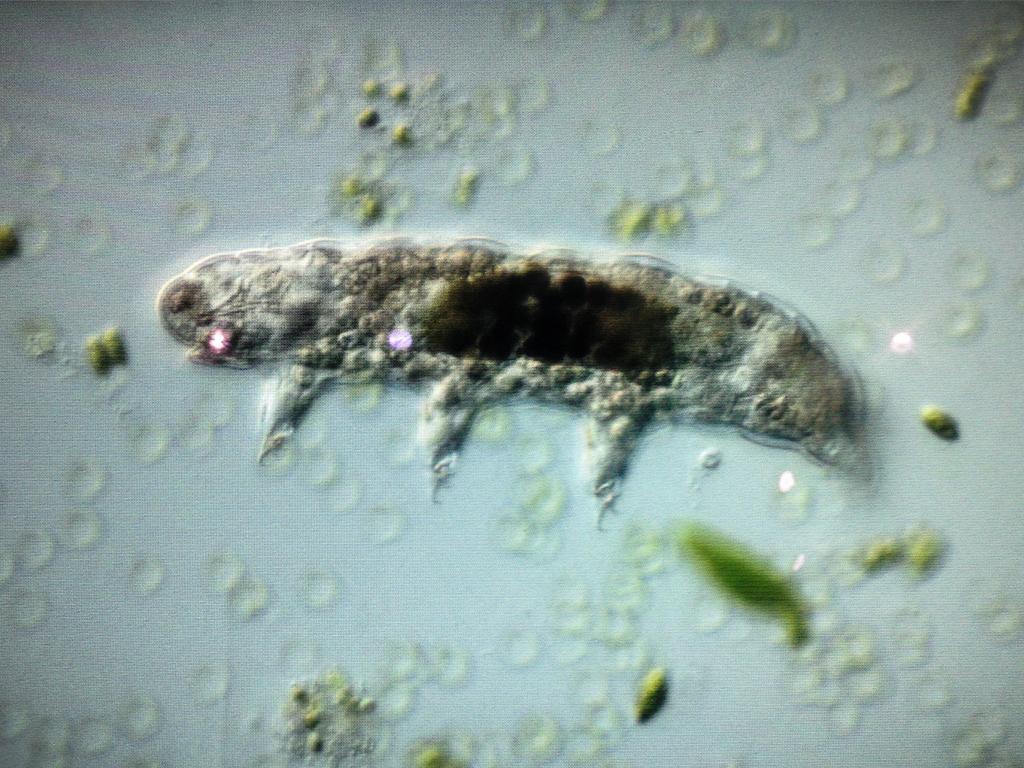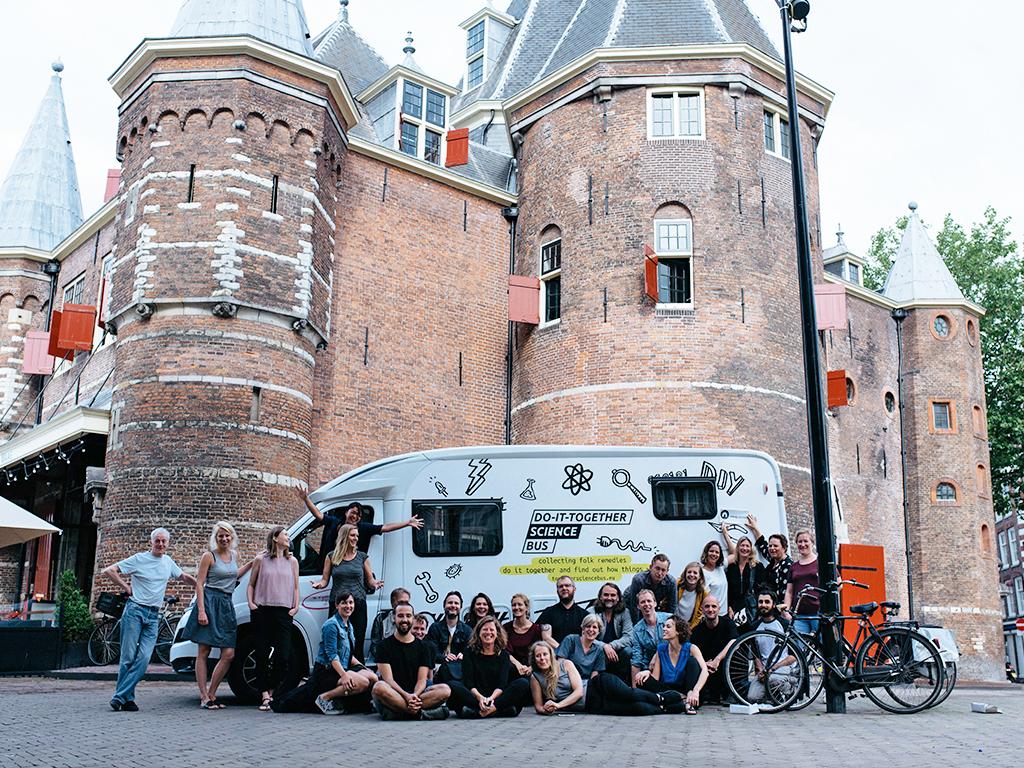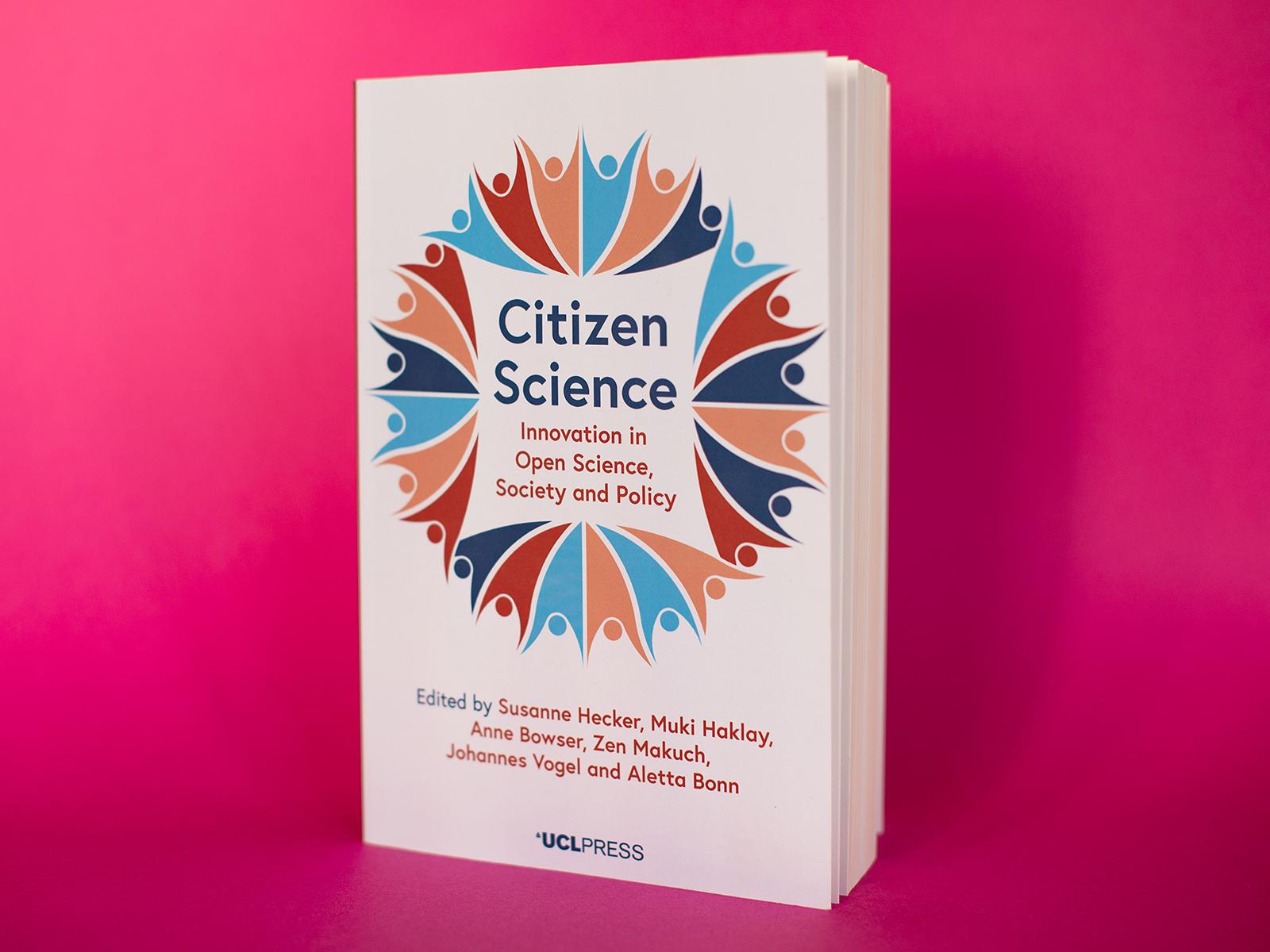Can we improve human DNA and extend our lives by copying DNA from some of the smallest, and maybe strongest, creatures into our own DNA? What do you think of gene-therapy? We invite you to join this workshop and share your thoughts.
This year we start a new series of Do-It-Together Bios; hands-on workshops. This workshop is dedicated to human DNA: ageing, longevity and adaptation of DNA to improve our lives.
Tardigrades, also called water bears, are tiny animals that are known to survive almost everything. You can send them to outer space, put them next to Tsjernobyl, boil them, crush them and they won’t die. New research showed that copying the tardigrade DNA, that protects the animals against radiation, into human cells also protects the humans cells against radiation and probably also dehydration.
Are we allowed to copy their DNA to improve our cells? Can we manipulate ourselves genetically, for example, to prevent cancer? And should we manipulate our own ageing process by stimulating so called longevity genes that make you live longer? Are tardigrades our future? Should we use a technique like CRISPR-CAS to cut and paste this protective DNA into our own genome?
During this workshop you will go into the lab and investigate the tardigrades. Subsequently, together with bioinformatician Maria Pericso we will have a look at the tardigrade DNA and compare it with human DNA. Jeroen van Loon will tell about his project cellout.me, in which he sequenced his DNA and sold it. We will end the workshop by exchanging thoughts on the concepts of ageing, longevity and what adaptations are legitimate to improve our lives.
Entrance is € 10,- and participants have to bring their own laptop to the workshop. Also you can bring your own lichen to the workshop and see if you can spot some water bears on there.
Do It Together Bio is a series of workshops with a biology-related topic, which involves artists and scientists. Starting with this edition they are part of the European project 'Doing it together science' .
This project has received funding from the European Union’s Horizon 2020 research and innovation programme under grant agreement no. 709443.


